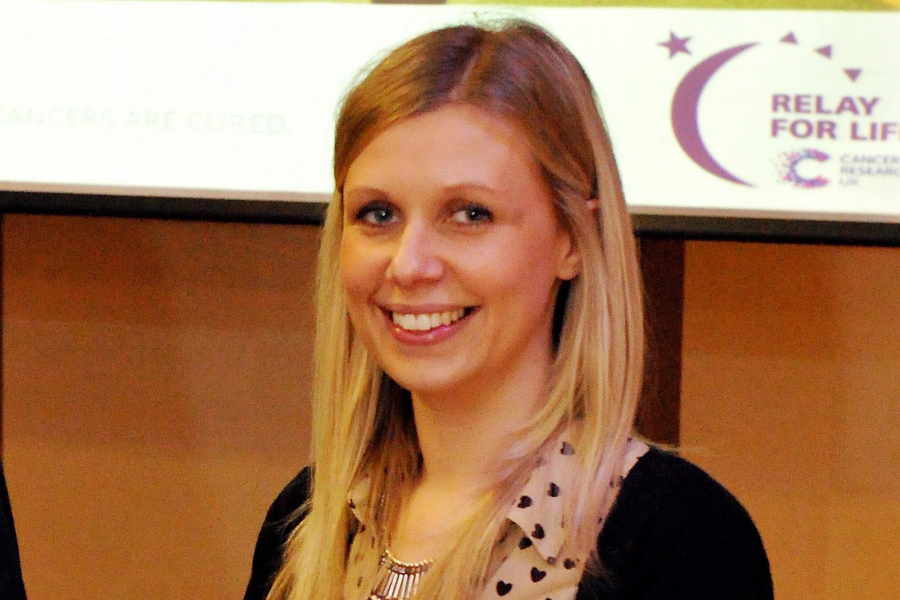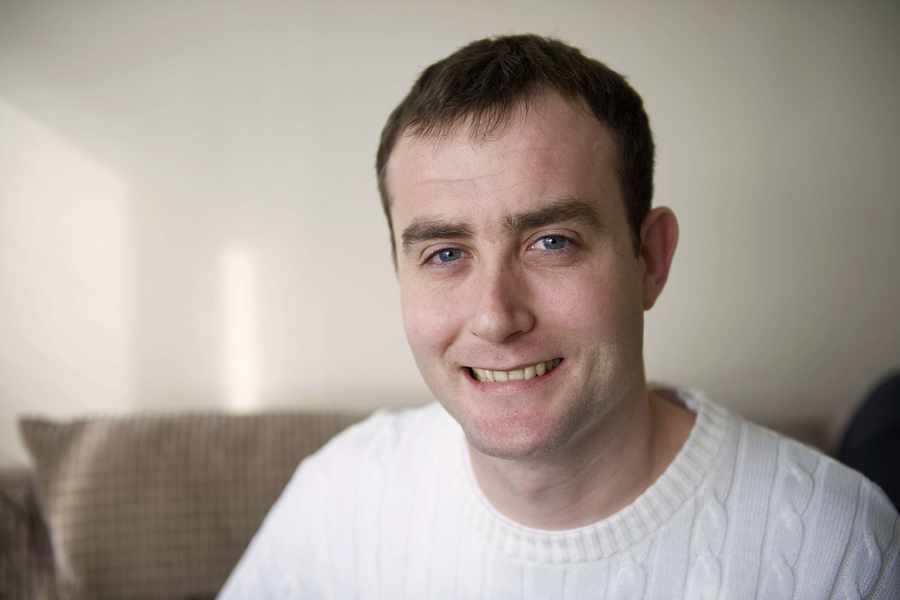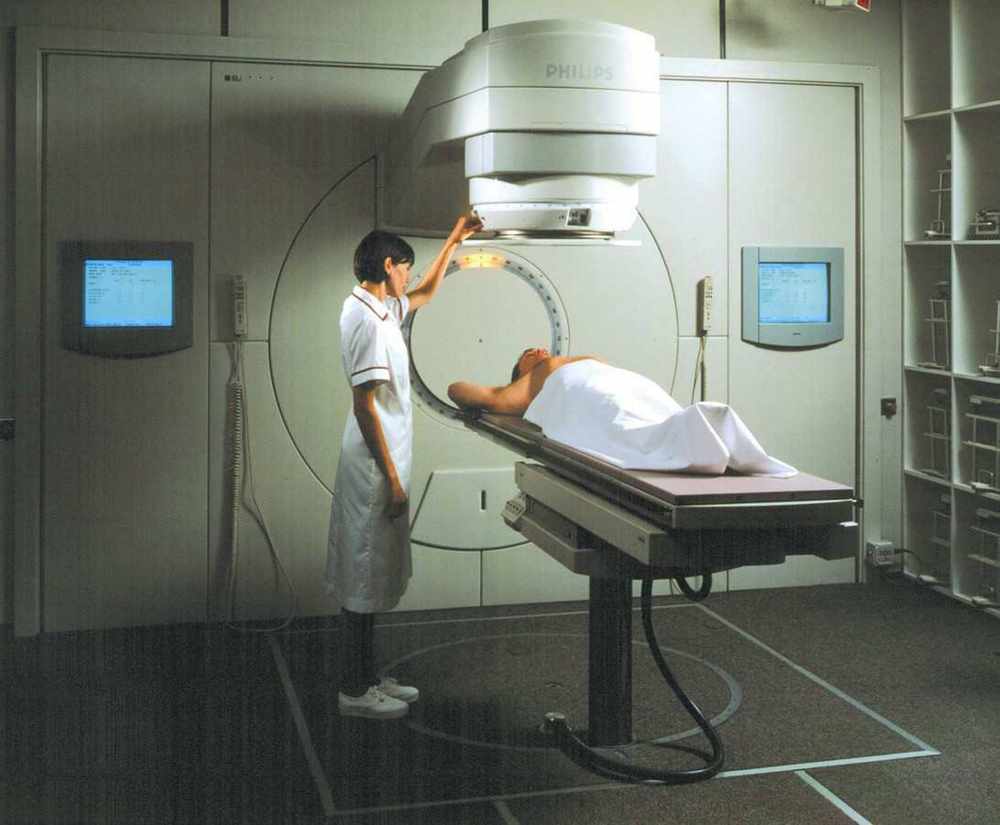Cancer Research UK’s What A Difference A Day Makes appeal, which runs throughout February, asks Islanders to donate a day’s income or, if they cannot afford that, an hour’s income to the cause with cash going towards a research centre in Southampton.
But with just five days remaining only 16 Islanders have so far donated to the local campaign – pledging £4,234.94 in total.
Robert Christensen, chairman of the Jersey branch of the organisation, said: ‘We are very grateful for the people who have supported us.
You can donate to the charity….
Online: Log on to www.justgiving.com/Whatadifferenceadaymakesjersey2015
By post: Send donations to: Robert Christensen at Jersey Committee for Cancer Research UK, Woodlands Court, Route des Cotils, Grouville, JE3 9AP
‘Our target was about £40,000 so we are still a long way short.
‘Last year was the first year that we did the campaign and we raised £25,000.
‘We hoped the second year round we would achieve a much better result but so far we are a way off. We’ve only raised about one fifth of last year’s amount and one eighth of our overall target.’
Mr Christensen, who was awarded an MBE for his work with Cancer Research UK, said that he was unsure why this year’s campaign has failed to attract many donations but said the fact that the appeal is a month earlier than last year may have played a part.
He added that there was still time to donate.
The Jersey committee has pledged to raise £150,000 for the Experimental Cancer Medicine Centre in Southampton by the end of March.
If it does not reach its target from the What A Difference A Day Makes campaign, Cancer Research UK says it will have to re-allocate funds that have already been earmarked for other initiatives.
Mr Christensen said: ‘So many of us are touched by cancer. So many of us will be diagnosed at some stage.
‘Tremendous advances are being made in diagnosis and treatments but these can only be made if money is made available to the people who do the research.’
Encouraging Islanders to dig deep and support the campaign, the charity’s senior local fundraiser for Jersey, Shelley Davies said: ‘With this campaign we’re really struggling.
‘The donations are not where we wanted them to be.
‘We know that people are moved by the campaign but they are just not making the next step to donate. We really need the Island to pull together.’
- The charity receives no government funding for its research.
- It has been at the heart of the progress that has already seen survival rates in the UK double in the last 40 years.
- Today, two in four people survive cancer. The charity aims to accelerate its progress so that three in four people will survive cancer within the next 20 years.
- The charity supports research into all aspects of cancer through the work of more than 4,000 scientists, doctors and nurses.
In the final part of a four part JEP series, Miss Davies had this message for readers: ‘With this campaign you’ve read the stories of people who have survived cancer.’
‘Don’t just think the research is amazing, you need to think about the future. One in two people will get cancer at some point in their lives. That could be you or I.’
Miss Davies said that 2014’s success could be based partly on the donations from the charity’s national ‘no makeup selfie campaign’ as Islanders who were unable to text their donation through the UK pledged cash to the local What A Difference A Day Makes appeal instead.
Despite the issues surrounding its latest appeal Miss Davies says that Islanders are very supportive of the charity and back its annual events such as Race for Life as well as its Union Street charity shop.
‘The shop is really successful,’ she said. ‘We are looking at how we can raise even more money in the future.
‘We’ve got some really amazing volunteers who are so dedicated.’


‘I NEVER experienced fear like I did that day,’ says Adam Blampied describing when his doctor told him that the lump in his testicle could be cancer. ‘Walking out the GP’s surgery I broke down in tears.’
The 29-year-old from St Helier, who was diagnosed with testicular cancer last year, began to feel discomfort in his testicle in April.
He also noticed a small tender lump, but thinking it was just a cyst he thought it would go away on its own.
And although his girlfriend Yasmin Bouteloup encouraged him to go to the doctor, Adam kept putting it off.
He said: ‘The thought of the GP examining my genitals was very embarrassing and being a man the GP isn’t someone I visit often.’
However, on 3 June, feeling unwell Adam went to his GP for medication and took the opportunity to mention the lump. He was immediately referred for an emergency ultrasound.
And the following day he was told that he had testicular cancer.
Yasmin said: ‘When Adam was diagnosed with testicular cancer I was utterly shocked and devastated. I had convinced myself it was a false alarm.
‘However, as time went on and I learned that testicular cancer is one of the most treatable forms of cancer I felt more hopeful about the situation.’
Luckily the cancer was detected in its early stages and a blood test indicated that it had not spread.
Adam was also told that the survival rate for testicular cancer is 98 per cent and that his fertility would not be affected by the operation to remove the tumour.
He said: ‘I spent the next few weeks signed off work and taking lots of painkillers. The most difficult part was looking at myself after the surgery.
‘This was something I was quite apprehensive about as I decided not to take the prosthetic testicle as it can cause more problems further down the line.
‘I soon got used to it and it’s obviously not a part of your body which is on display so I didn’t really have to worry about other people’s opinions – only my girlfriend’s who was just glad I was here.’
Adam now undergoes regular check ups to ensure the cancer does not return.

- The centre is led by the world-leading scientist Dr Anthony Williams.
- The main focus of the centre is to harness the power of the bodys own immune system against cancer.
- The goal of the centre is to bring together experts in cancer biology with clinical researchers to drive the development of new therapies.
- Scientists can work with the clinic to identify the needs of doctors and their patients and come up with new ways to tackle the disease.
- The centre also means that doctors have access to the very latest drugs to test in clinical trials, finding out if potential treatments are safe and effective.
- Dr Williams works closely with other immunology experts such as Professor Martin Glennie whose research was funded for two years by the Jersey committee. Their research shows that helping the bodys immune system to identify and destroy cancer cells is an achievable aim.
Who Are Cancer Research UK Jersey?
- Cancers are the main cause of death in Jersey, accounting for just under a third of all deaths in 2012.
- Latest figures show that the most commonly diagnosed cancers in Jersey are breast, prostate, colorectal, lung and malignant melanoma. This is no different to other similar populations.
- Jersey has significantly higher rates of skin cancers, lung and head and neck cancer than the England average. Smoking, excessive alcohol use and UV exposure are the major risk factors for these cancers.
- Lung cancer alone accounts for more than a fifth of all cancer deaths around 55 a year.
Cancer Research UK Jersey is the local fundraising committee of Cancer Research UK, the largest volunteer supported cancer research organisation in the world.
The charity has been operating int the Island for more than 50 years, since July 1953 when the then Bailiff of Jersey, Lord Coutanche, initiated the establishment of a Jersey committee.
Over that half century, the Jersey committee has helped to raise more than £6 million towards funding cancer research.
Jersey fundraisers are currently raising money to support research into the incidence of cancer and the means of treating cancer more effectively.
During 2014 and 2015 the committee have pledged to fundraise for the Cancer Research Experimental Cancer Medicine Centre in Southampton which is working to test new cancer drugs.
The Southampton centre is led by world-leading scientist Dr Anthony Williams who is trying to harness the power of the body’s own immune system to fight cancer. The committee members aim to raise £150,000 in order to fund the next stage of Dr Williams’ project.






